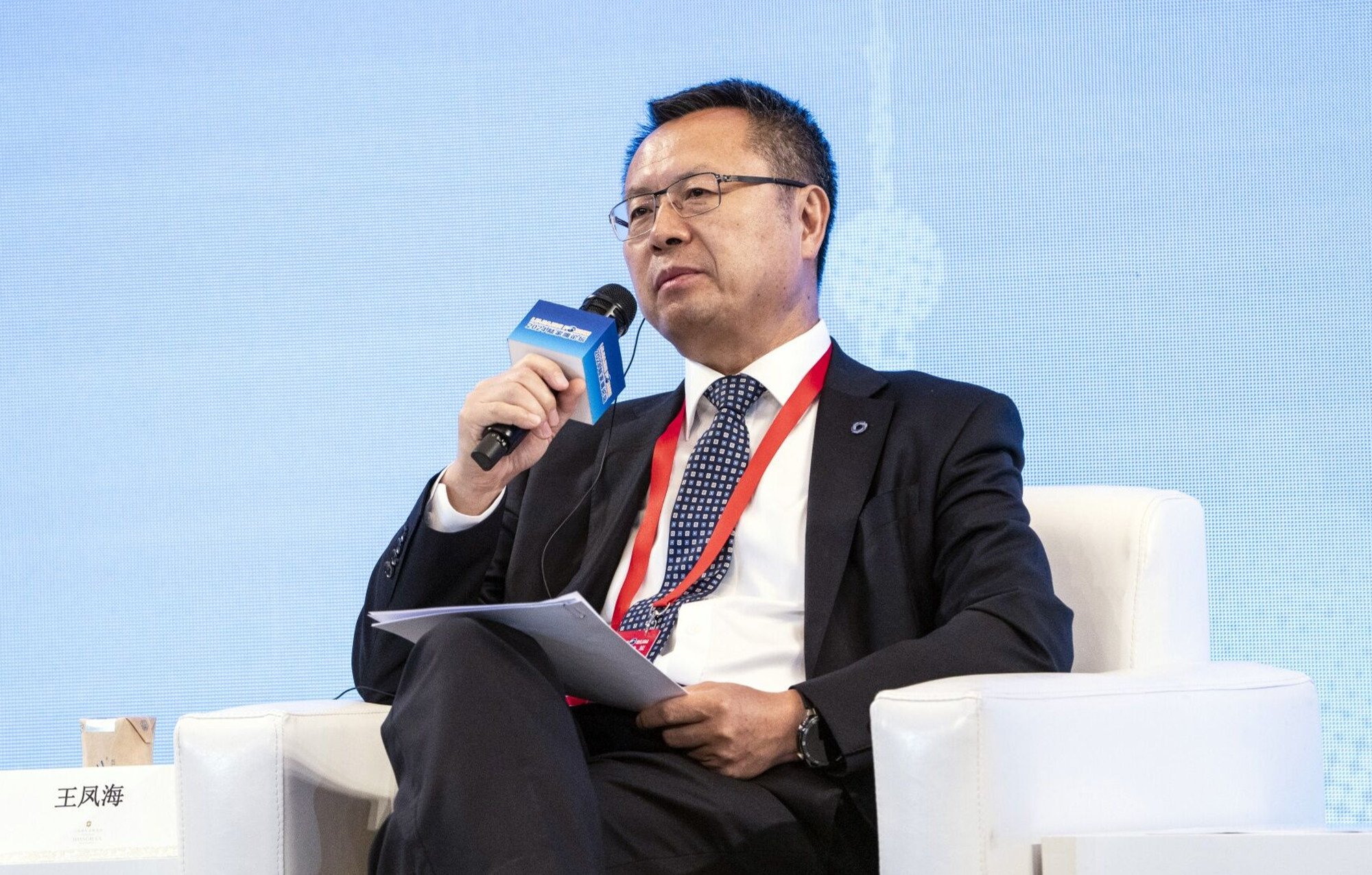
China’s top financial industry officials say Beijing will press on with reforms
- Leading industry executives say reforms are the only way to attract foreign investors to participate and achieve China’s goal of becoming a financial powerhouse
Foreign investments are likely to gain traction as Beijing moves to level the playing fields between domestic and overseas players, according to a Bank of China executive.
China’s foreign-exchange trading centre, a trading platform under the central bank, is considering launching derivative products linked to interest and exchange rates to attract foreign investors and increase the acceptability of yuan-denominated assets. The Shanghai Futures Exchange said it will launch new low-carbon products to boost trading.
“Only through the opening up, can we possibly attract overseas investors and get them to participate in the process of pricing on the Shanghai Futures Exchange,” Wang Fenghai, general manager of the bourse, said at the conference on Thursday. “That can effectively boost the global influence of the exchange.”

These statements made at the high-profile annual gathering are the latest signals that China will push on with its decades-old policy to reform the economy, despite increasing sanctions from the US and trade rifts with Europe.
A further opening up of China’s financial sector, in which foreign investors can already own majority stakes in banks, brokerages and asset-management firms, is vital to President Xi Jinping’s drive for the country to become a financial powerhouse that can better serve the economy.
Foreign investors have recently regained their appetite for Chinese assets, ending an unprecedented exodus after Beijing introduced measures to shore up the property market and hinted at more reforms. Overseas traders bought China’s yuan-denominated stocks for a fourth straight month in May, while they continued to buy bonds for a 16th consecutive month.
“We’ll deepen the links to financial infrastructure at home and abroad and push forward with the opening up of the financial market,” said Huo Yingli, party secretary of the China Foreign Exchange Trade System.
“We’ll also keep improving the pricing power of financial assets and the function of global financial asset allocation. A financial market with depth and breadth is important to boosting [China’s] competitiveness and influence.”
Foreign investors have acknowledged an increasing willingness by China to open its economy to the rest of the world after Beijing put overseas companies on par with domestic ones in government procurements and granted them more autonomy in free-trade zones, according to Liu Jin, president of Bank of China.
Earlier this year, China’s finance ministry rolled out a slew of measures to lure foreign investments, including a cut in the tariffs and allowing overseas firms to take part in government tenders, while the Shanghai free-trade zone last year shortened the business-registration period for foreign projects to two hours from two days.
“More foreign institutions are positive on China’s market and are more willing to expand investments,” he said. “The new productive forces have added new vigour to China’s economic recovery, bringing new opportunities for foreign capital.”

